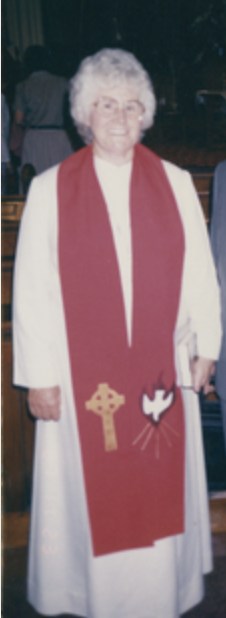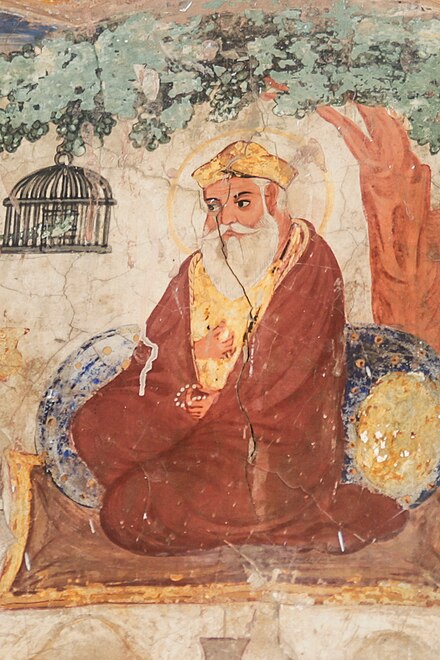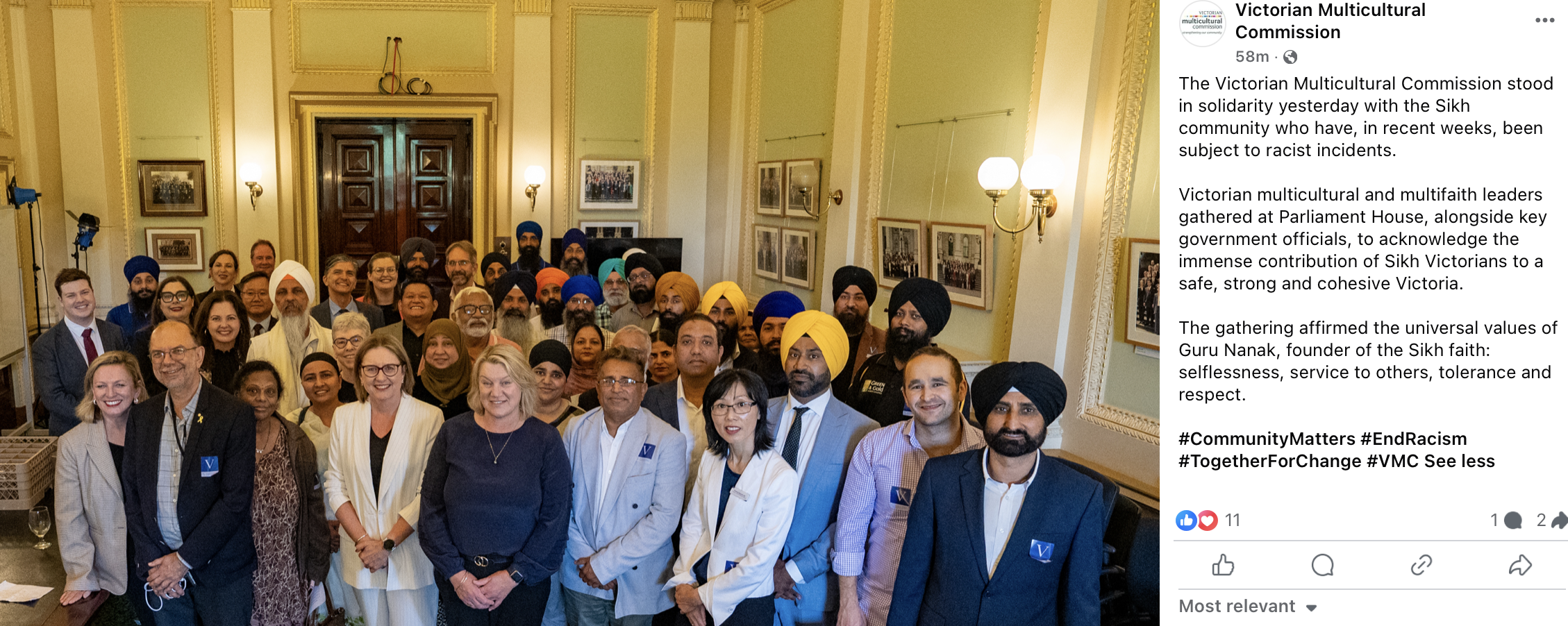Dr Victoria Turner was a guest presenter at the recent WCRC (World Communion of Reformed Churches) consultation in Hannover, Germany, December 3-5, 2024.
Victoria was the guest presenter at the Victorian Council of Churches conference in Melbourne in August 2024.

The focus of the consultation was the 20 year anniversary of the Accra Confession (2004), when Professor Choan Seng Song was the President of WARC (World Alliance of Reformed Churches). He died at the end of November 2024.
Here is part of the write-up about Dr Victoria Turner’s presentation.
“Dr. Victoria Turner delivered a compelling and multifaceted address that challenged churches to embrace justice, unity, and the prophetic vision of the Accra Confession. Mixing deep theological insights with humor and cultural commentary, Turner spoke to the heart of a generation grappling with the weight of systemic crises.
Turner began her presentation with a striking admission: “Young people are not innocent. We are complicit and part of the problem.” However, she quickly reframed this complicity as a byproduct of what she called the “weight of Empire” – the systems and structures of power that entrench inequality, commodify spirituality, and place insurmountable burdens on the young.
She pointed to the paradox of connection in the digital age, describing today’s youth as living in a “culture of informaniacs,” where the pursuit of endless information fosters isolation rather than meaningful relationships. “Young people are overwhelmed,” she said, “not just by climate anxiety or economic instability but by the sheer emptiness of a hyperconnected world.”
Turner tied this to the Accra Confession, a bold theological document adopted in 2004 that rejects economic systems rooted in greed and consumerism. While she praised its prophetic stance, Turner critiqued its limited engagement with the emotional and spiritual alienation of today’s youth. The confession, she argued, must evolve to speak to the deep disconnection and despair felt by younger generations.
Turner did not shy away from critiquing the church’s own role in perpetuating systems of oppression. She challenged congregations to confront their complicity in capitalist structures, accusing them of prioritizing financial security and attendance figures over bold, justice-oriented action.
Celebration for divesting [from harmful investments] should not replace repentance for investing in Empire in the first place,” she said, underscoring the need for churches to embody the radical justice and unity proclaimed in the Accra Confession. Turner urged churches to resist self-preservation and instead embrace discomfort, risk, and solidarity with the marginalized.
She challenged churches to embody this vision, not through anxiety-driven self-preservation but by recommitting to justice and unity. “We must show young people that we are with God in the margins,” she echoed Lilian Siwila’s phrase, “ready to get our hands and our feet dirty.”
Turner’s address was both a critique and an invitation – a call for churches to rediscover their prophetic voice and align their actions with their theology. She reminded the audience that young people are not giving up. They are reimagining faith, justice, and unity in ways that demand all of us to follow suit”.
Read more about Dr Victoria Turner’s presentation here.
Some further highlights of the consultation can be read here.







